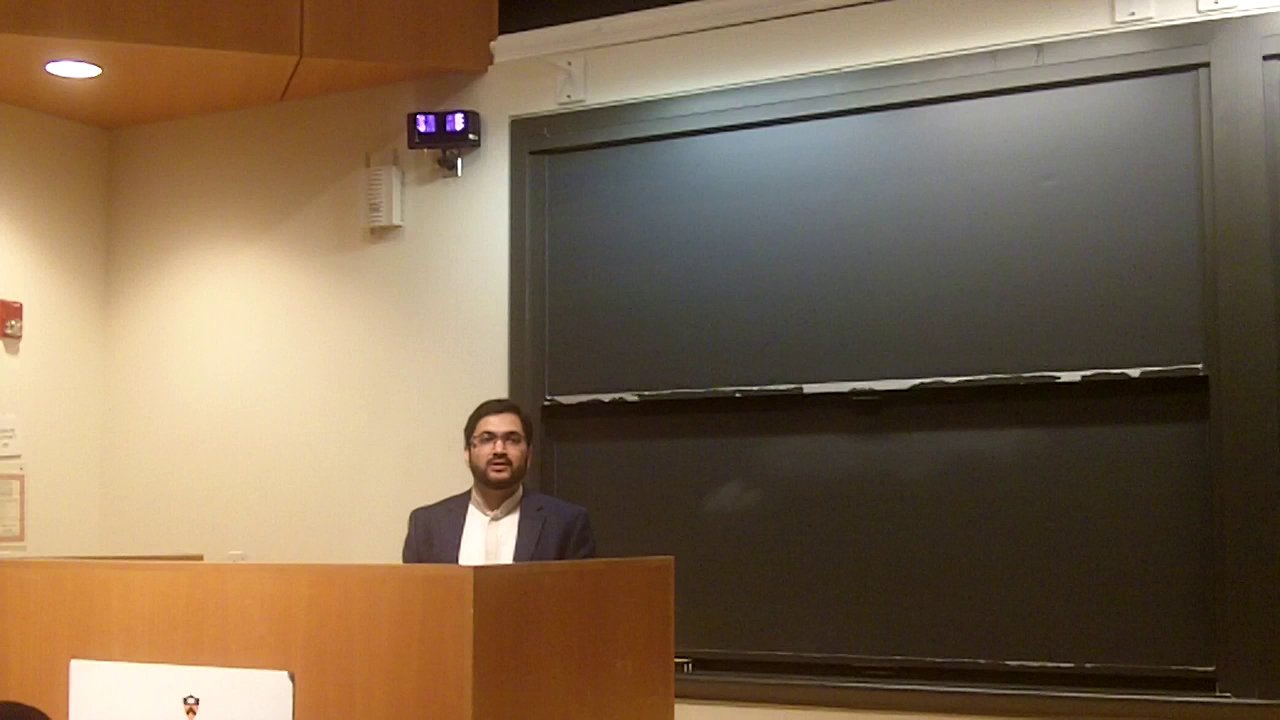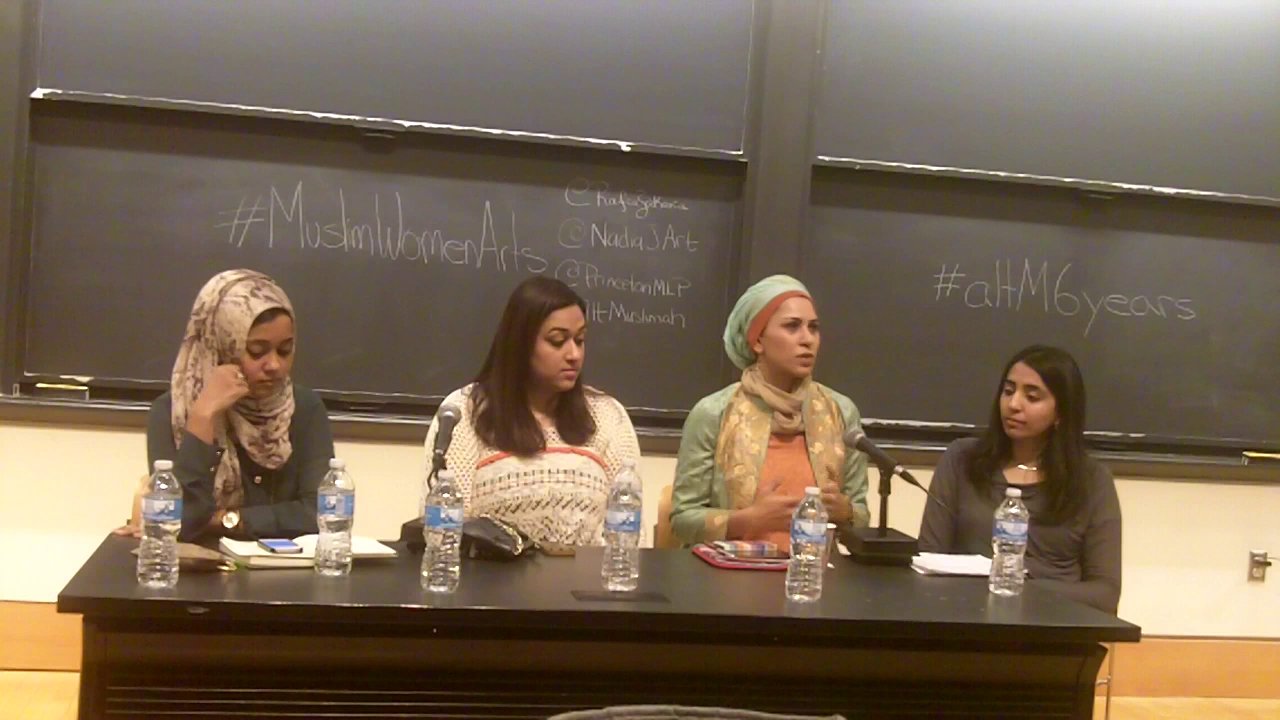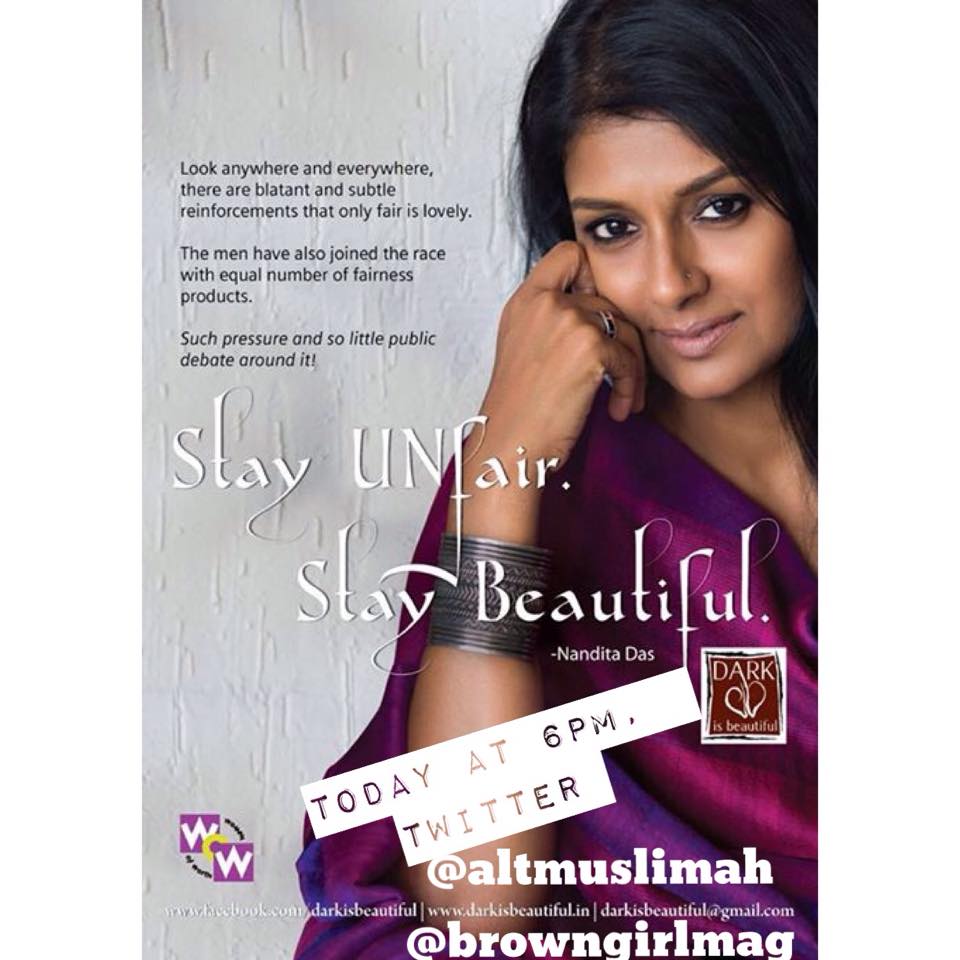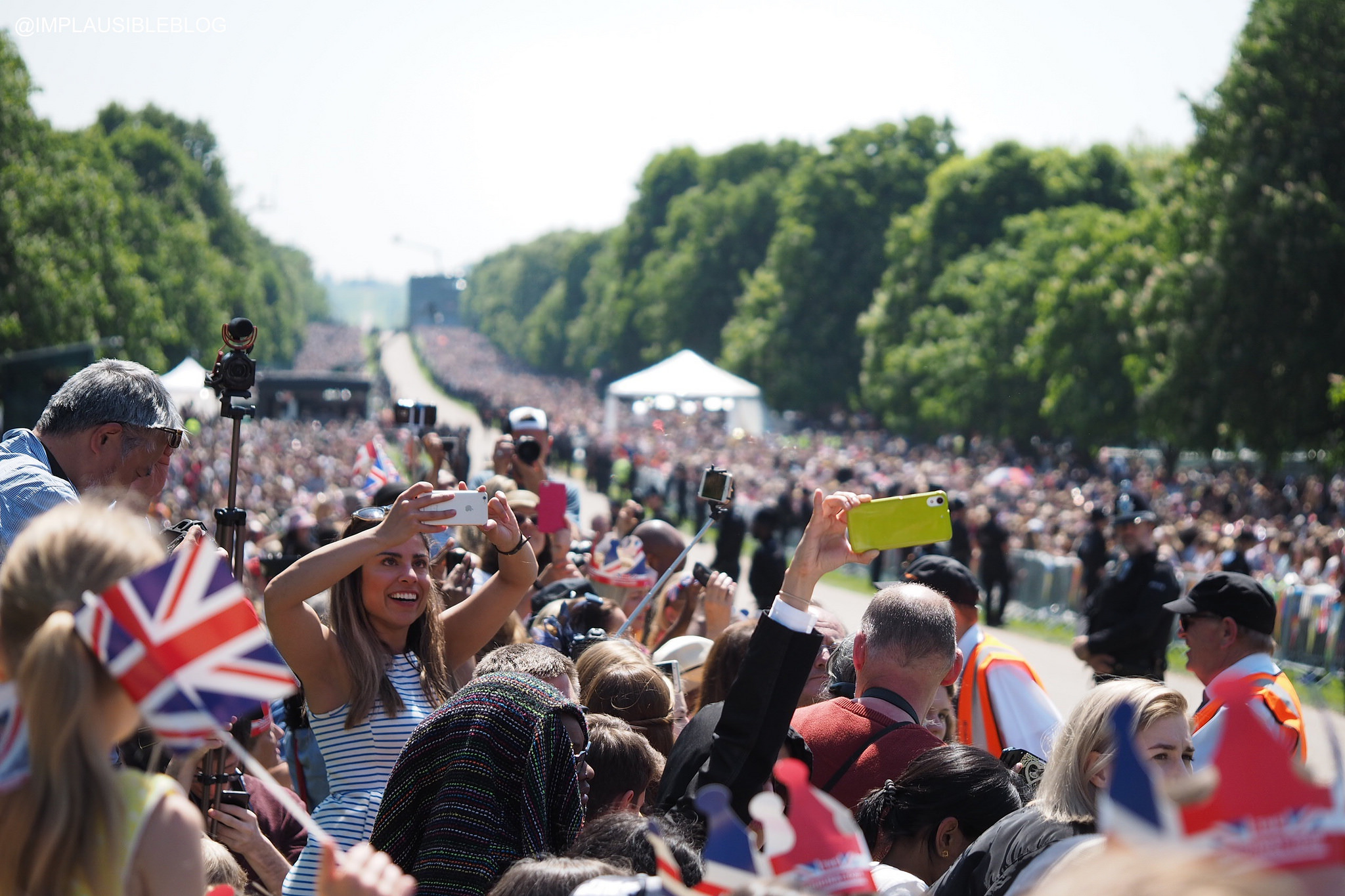Wajahat Ali’s The Domestic Crusaders captures the gender dynamics in one slightly dysfunctional Pakistani-Muslim family.
The Domestic Crusaders video showcases important, and very real, Muslim-American gender interactions. As Altmuslimah Associate Editor Rabea Chaudhry writes:
For me, some of the most intriguing universal issues addressed in Domestic Crusaders related to notions of gender and contentment. Contemporary feminist theory and the ongoing debate of what constitutes an ideal, empowered feminine element of society find their way into the play through Fatima. Fatima’s struggle to define herself beyond culturally imposed gender roles may seem misguided to many because she also chooses to wear the Muslim headscarf. However, despite the oppression that many associate with the head covering, the audience comes to know Fatima as one of the strongest personalities in the family.
There are many dramatic moments in the play when Fatima’s conviction and determination come to the fore – and some of the most intriguing instances of this are when we hear how drastically Fatima’s opinions differ from her own mother’s. In fact, if it is a general frustration that seems to keep the fire burning inside Fatima, Fatima’s mother, Kulsoom, seems to peacefully and happily embody much of the traditional femininity that Fatima looks upon with such distrust.
Both of the women’s characters force audiences to reevaluate who is really happier – the woman waging a war against others’ ideals or the woman who seems to have embraced and thrived in a cultural environment that many western feminists may find problematic. The contradictions between Fatima’s and Kulsoom’s understanding of womanhood are truly rich and worthy of hours of conversation and hearty debate. Although Fatima’s portrayal piqued my interest the most, all of the characters’ stories are rich with tension and aptly expose the gray areas that shade the spaces between what is easily discernable.
About Altmuslimah’s Photographic Campaign:
The purpose of Altmuslimah’s visual campaign is to present Muslim men and women multi-dimensionally, figuratively speaking. The collection highlights the literary contributions of empowered Muslim American women; telling portraits of tenacious Muslim females, young and old; warm, loving Muslim men; the purity of spiritual devotion; and the dynamics of positive gender interaction in Islam.
Altmuslimah would also like to help spread the message by offering the embed link to other sites interested in featuring our photos. If you are a blogger or run a web magazine or other website, and are interested in supporting this mission to change the dominant image of Muslim men and women, please contact us at asma.uddin(at)altmuslimah.com.




